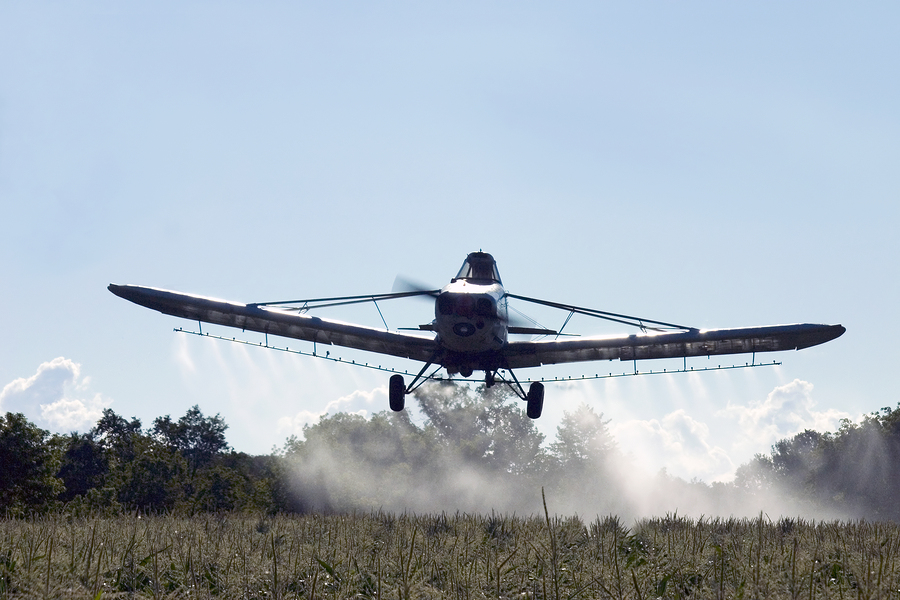Just last week the EPA reported that in 2018 it had issued “’emergency’ approvals to spray sulfoxaflor—an insecticide the agency considers ‘very highly toxic’ to bees—on more than 16 million acres of crops known to attract bees.”1
RELATED STORY:
And in 2018, they knew better.
But,
“Under the Federal Insecticide, Fungicide, and Rodenticide Act, the EPA has the authority to approve temporary emergency uses of pesticides, even those not officially approved, if the agency determines it is needed to prevent the spread of an unexpected outbreak of crop-damaging insects, for example.”1
And get this, in 18 states where those approvals were granted (for sorghum and cotton crops) 12 were given approvals for at least four consecutive years for the same “emergency.”1The emergency approvals were granted in Alabama, Arizona, Arkansas, California, Colorado, Georgia, Illinois, Kansas, Louisiana, Missouri, Mississippi, North Carolina, New Mexico, Oklahoma, South Carolina, Tennessee, Texas, and Virginia.
RELATED STORY:
Speaking about the spraying, Nathan Donley, a senior scientist with the Center for Biological Diversity said it was “beyond the pale”1 that during “a time of global insect decline”1 that this would take place. He went on to say, “The EPA is routinely misusing the ’emergency’ process to get sulfoxaflor approved because it’s too toxic to make it through normal pesticide reviews. The EPA is far too eager to find loopholes to approve harmful pesticides when it should be focusing on keeping people and wildlife safe from those pesticides. The routine abuse of emergency exemptions has to stop.”1
We couldn’t agree more.
And indeed, these “emergencies” are actually routine and foreseeable occurrences.
A recent study published in Nature found that exposure to sulfoxaflor at low doses “had severe consequences for bumblebee reproductive success.”1 And another study published this month “found that more than 41 percent of the world’s insect species are on the fast track to extinction,”1 with their only chance at survival being the “serious reduction in pesticide usage.”1
RELATED STORY:
For years I have cautioned and begged and been hopeful that we would make better choices before it was too late but now, I just don’t know anymore; our elected officials and CEO’s seem hell-bent on destroying our planet in the pursuit of the almighty dollar.
SOURCE:












